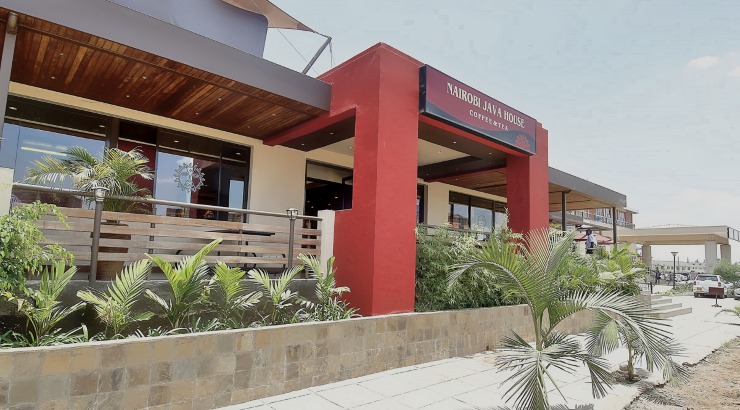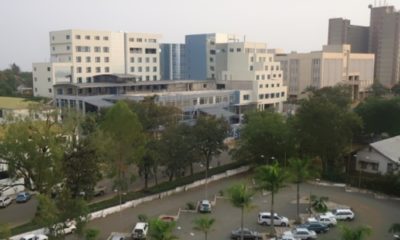Commercial Projects
Nairobi’s Empty Shopping Malls Echo a Sad Retail Story
The city is experiencing an upsurge of shopping centres, which has led to relatively high vacancies.

Mall owners in Nairobi and other major towns in Kenya have struggled this year with a gloomy economy, plunging consumer spending and stores closing by retailers. But they now face a problem that is likely to continue long after the economy improves: oversupply of retail space.
Investors have built 761,805 square metres of retail space in the country with more than 250,000 square metres expected to enter the market in the next 18 to 24 months.
Nairobi accounts for about 73 per cent of the total number of shopping malls in the country, with Two Rivers Mall (67,000 sqm), Garden City (35,000 sqm) and The Hub (35,000 sqm) being the largest shopping malls in the city.
According to the latest study by commercial property services firm Broll Group, the Kenyan capital is experiencing an upsurge of shopping centres, which has led to relatively high vacancies especially within newly built developments.
“The local retail scene is restricted by a narrow tenant base that is unable to support the vacant spaces available in the market,” Broll Property Group chief executive Malcolm Horne said in the Broll Sub-Saharan Africa Snapshot 2017.
“Consequently, most shopping centres have majority of the same tenants, hence a lack of product differentiation is evident.”
The report further said that the process of acquiring tenants for newer developments is increasingly becoming difficult, which can be evidence by the delays in opening of some shopping malls due to failure in securing tenants and reasonable occupancy levels.
READ: Britam bets Sh12bn on Nairobi shopping mall despite glut fears
“Generally, the prime shopping centres are recording average occupancy levels of 90 per cent, while the newer, less established centres are achieving occupancies of below 75 per cent,” Mr Horne said.
Tenant turnover is also speeding up, with some retailers and restaurants unwilling to commit to a space for as long as five years, especially at newly completed properties.
The situation has been aggravated by the current turmoil in the retail sector that has seen established brands such as Nakumatt and Uchumi scaling down on their branch expansions.
Early this month, retail chain Nakumatt Supermarkets closed down its outlet at the NextGen Mall on Mombasa Road, in Nairobi, after just nine months of operations.
The retailer is fighting to remain in business on the back of debts owed to suppliers estimated at Sh15 billion. The firm has declared that it is facing insolvency and thus unable to meet its financial obligations.
READ: Saudi Arabia to build shopping mall in Nairobi
The slower uptake of space in malls, according to Broll, has resulted in tenants having an upper hand as it provides the ability to negotiate lower rental rates and more favourable lease terms.
The findings of the Broll’s survey echo those of British Asset Managers who recently said that oversupply of shopping malls countrywide was expected make it difficult to win tenants.
“Slower uptake of space is anticipated within the new malls due to demand and supply mismatch, where tenants are fewer than the supply,” British Asset Managers said in their real estate report capturing trends in the first half of the year.
The report says the new trend will weigh heavily on retail rents, which are expected to remain flat in the near future as more space is added to the market.
Britam managers reckon that shopping centres build to cater for neighbourhoods are likely to yield better revenue than those designed as destination centres.
On its part, Broll notes that investors are gradually taking a county based approach to “developing retail centres with the intention of tapping into the county based income” as well as the benefits of devolution.












